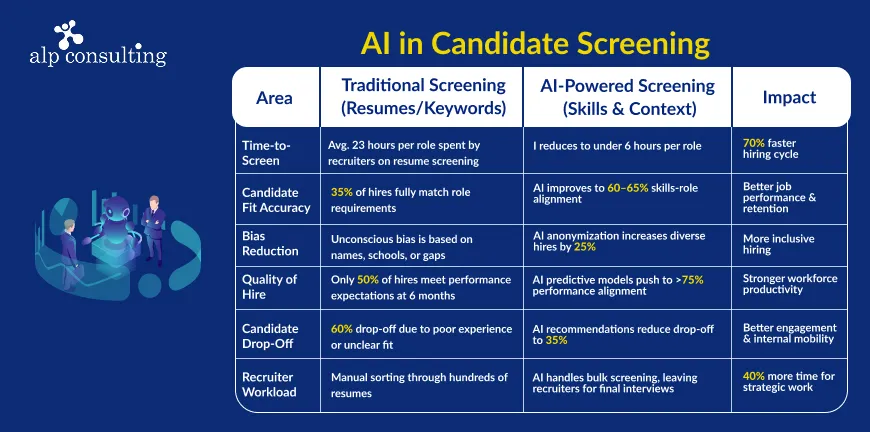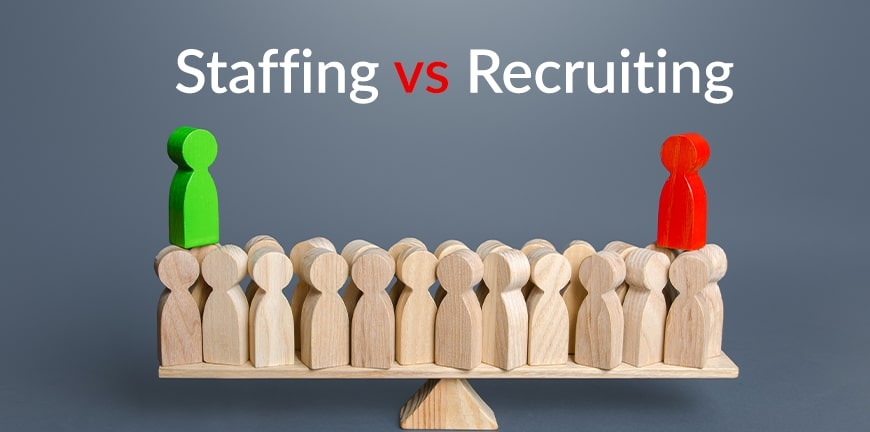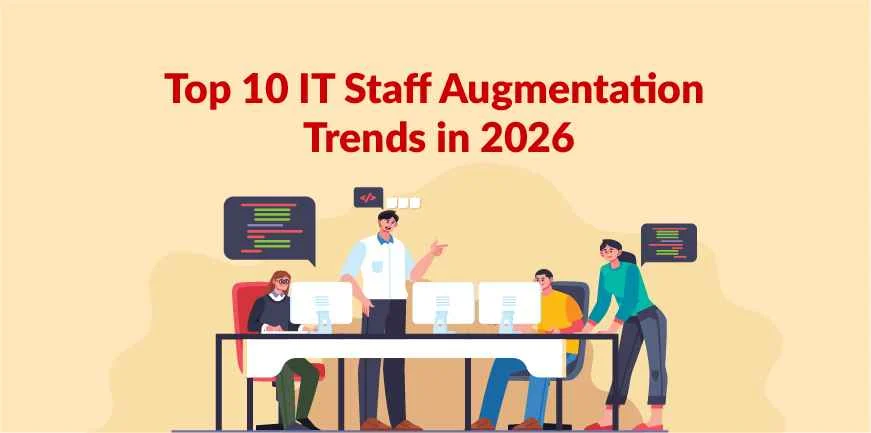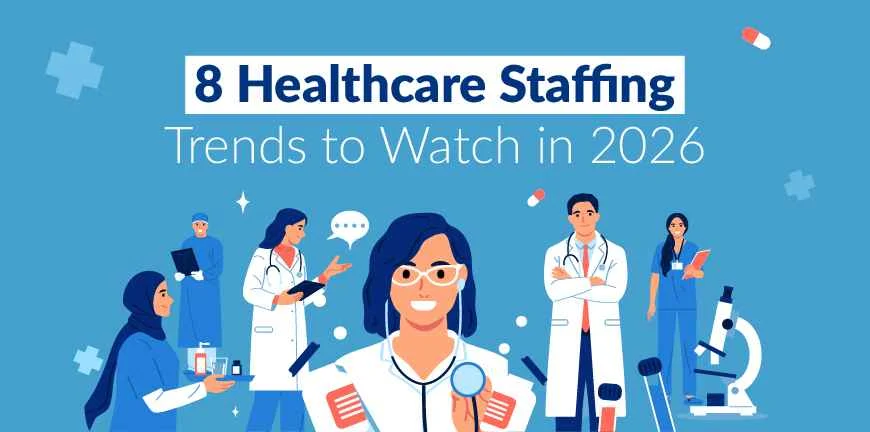
Ethical AI in Recruitment: Fairness, Diversity & Transparency
26/08/2025
How To Hire a Mobile App Developer in 2025
26/08/2025Job seekers for decades have considered resumes as the foundation of their career journey. The noteworthy document entails half of your life story, like education, work experience, achievements, etc, acting as the first screening step for employers.
But today, there is a change of scene, and in the fast-paced job market, old-school resumes often don’t attain what matters the most.
The two significant factors, skills and potential. The old evaluation process is inclined towards pedigree and overlooks performance and the abilities of candidates who possess the right talent but might not have a very attractive-looking career graph.
Enter the mega-powerful AI technologies revolutionizing recruitment patterns. The futuristic technology is transforming mundane resumes into evaluating real skills.
AI is enabling enterprises to identify candidates who match accurately with the requirements of their open job roles accurately. The AI-powered screening also alleviates bias and enhances the hiring process. According to organization reports, AI has expedited hiring by up to 50%.
Hindrances of Resume-Centric Screening
Here are a few of the challenges the HR team faces while conducting resume-led screenings:
1. Reliance on Keyword
Popular systems that are used for filtering applications, such as ATS or Applicant Tracking Systems. These systems are heavily dependent on keywords and rank CVs based on keywords.
Candidates often fill out resumes with unnecessary and irrelevant words, neglecting the actual skills that should be considered.
The systems additionally present candidates as fit on paper, but fail to recognize candidates with actual skills and experience.
2. Focus on Background
Hiring leaders most of the time, while recruiting candidates will go through the resumes and automatically look for the institute, company, or background.
The is a tendency to pick candidates who are from high-profile schools, colleges, organizations, and favour them.
Managers usually assume that candidates from prestigious institutes or big brands are more talented and, in the process, overlook capable and skilled candidates.
3. Sketchy Picture
CVs are documents that essentially talk about an individual’s records, what they have done earlier, but nothing about their current abilities.
The job profiles highlight past roles but rarely show how someone thinks, learns, or performs or solves issues in the present scenario.
The problem arises when these candidates cannot face or tackle current crises and challenges.
The job market changes every day, and static experience hardly matters here; it is all about how smartly and swiftly jobs can be completed right now.
HR managers also miss out on soft skills that are extremely essential in today’s day and age.
AI Improves Candidate Screening and How?
As per a study, 83% of companies will use AI to evaluate resumes by the end of 2025, a steep jump from 48% currently using AI screening tools.
1. Skills-Based Assessments
AI-backed tools see beyond the mundane points on a résumé.
They will try to understand the aptitude and skills by placing them in real-life situations where they must solve problems and create skill-focused scenarios.
Now assessments are possible with the help of AI-based video interviews, where communication styles, empathy levels, and behavioural patterns can be determined.
2. Natural Language Processing (NLP)
Old methods like ATS used for keyword matching are slowly becoming redundant with AI.
Unlike traditional keyword-matching ATS, AI can now analyse candidate profiles by using NLP and not search for keywords or job positions like the old methods.
The new technique helps in interpreting the real meaning behind the experience of a candidate.
3. Predictive Performance Analytics
AI models are unique as they are not dependent on a single source of information to evaluate candidates.
They gather several data points about candidates and then integrate them to create a clearer picture of the capabilities of a candidate.
By conducting skill assessments, behavioural tests, etc, AI leaves guesswork behind and drives data-driven decision making.
4. Diminishing Bias and Promoting Diversity
A well-structured AI can hide the irrelevant information about candidates that can cause unintentional bias.
This enables recruiters to find candidates from a broader talent bank where candidates are not rejected due to unfair screening.
Recruiters also focus on the abilities of candidates, including diverse individuals.
5. Continuous Upskilling and Talent Matching
Hiring tools used in the past were essentially used to screen and check if a candidate is fit for the job they have applied for.
It can be just for one job role. If they do not match the role, they will be rejected and not considered, even if they could excel in other roles.
AI has the power to look beyond applications. They assess the skill sets of candidates comprehensively and verify if they align with any open roles across departments within the organization.
Real-Life Examples of AI screening
- Unilever has implemented AI video interviews & Gamified Assessments. Candidates are given short digital games to complete short digital games that measure memory, problem-solving, and risk tolerance.They also conduct AI-backed video interviews to analyse speech patterns, tone, and facial expressions.
- Global Hospitality chain Hilton has implemented AI-Powered Chatbots & Screening.They use AI chatbots to conduct initial candidate conversations, answering queries and asking screening questions.Natural language processing (NLP) reviews responses, enabling alignment of role needs.
- The IT company IBM uses AI to match candidates to job roles based on skills and potential, not just keywords.Assessments recommend reskilling paths for candidates who might not fit a role perfectly but have transferable skills.
AI in Candidate Screening

Risks and Ethical Concerns
AI is a boon for recruitment and businesses; however, it must be used cautiously to avoid ethical backlash. Let us browse through some of the challenges:
Unfairness in Training Data: The data that is utilized to train AI modules can carry human bias.AI learns from previous data and can pick up the bias and enhance it.
Transparency: If there is a lack of transparency in communication and candidates are unaware of how their applications are being assessed, it might cause trust and loyalty issues.
Balancing Human insight: AI should be the support system for recruiters and not be allowed to replace them. The final decision-making must be done with the help of human intervention, where humans analyse and make the last call.
The Future of Screening
The current recruitment arena is witnessing a shit from shift from resume-based screening to skills-based evaluations, and it is not a mere trend. It is a part of a bigger revolution that is occurring in workplaces across the globe.
AI is becoming the DNA for recruiters and organizations as they bend towards adopting adaptable, innovative, and a model that promotes a lifetime of learning.
AI is a friend for life for organizations, as it serves as a strategic ally and enables them to drive companies to build resilient workforces, who are not just ready for today but are prepared for tomorrow’s obstacles and opportunities.

Kasthuri R
Kasthuri R is the Co-Founder & Executive Director at ALP Consulting, bringing over 23 years of experience in search, staffing, and HR consulting. She has been instrumental in driving ALP’s recruitment, employee leasing, and executive search practices across diverse industry verticals. With deep expertise in talent acquisition, HR strategy, and operational management, Kasthuri has built scalable, client-focused solutions that enhance workforce efficiency. Her strategic leadership continues to steer ALP Consulting toward innovation and excellence in people management.




